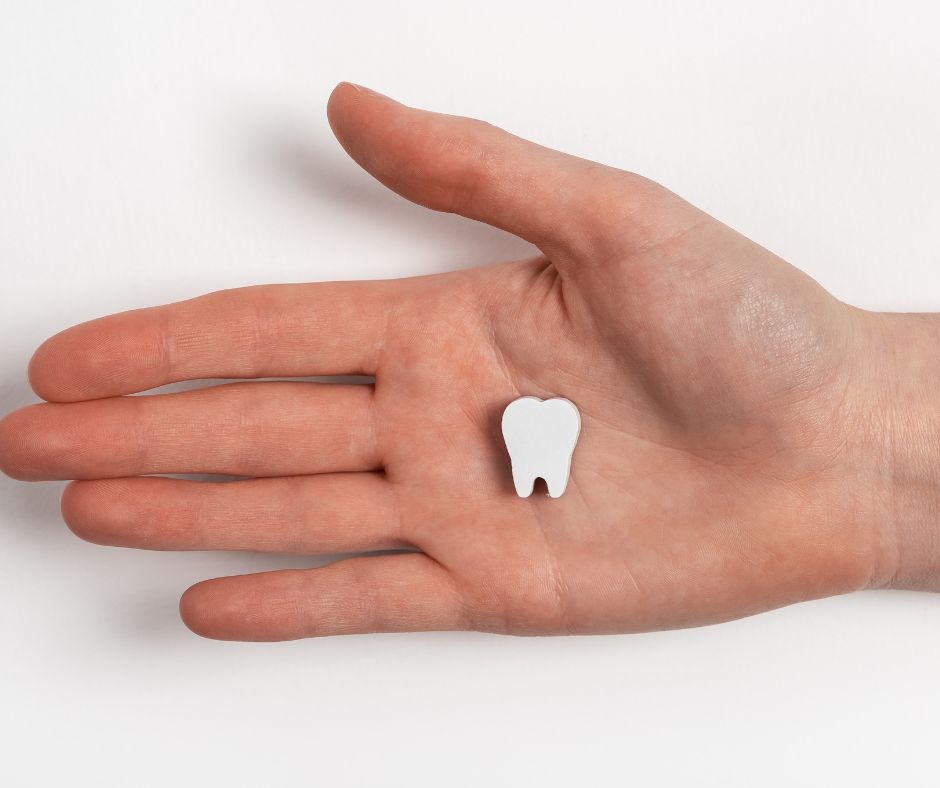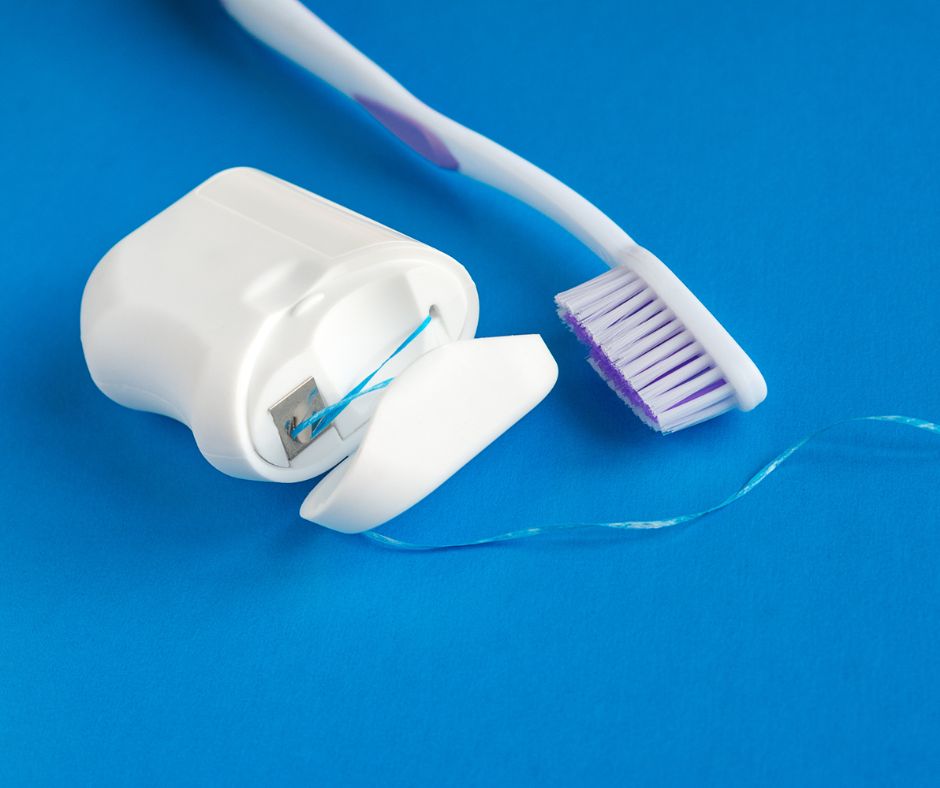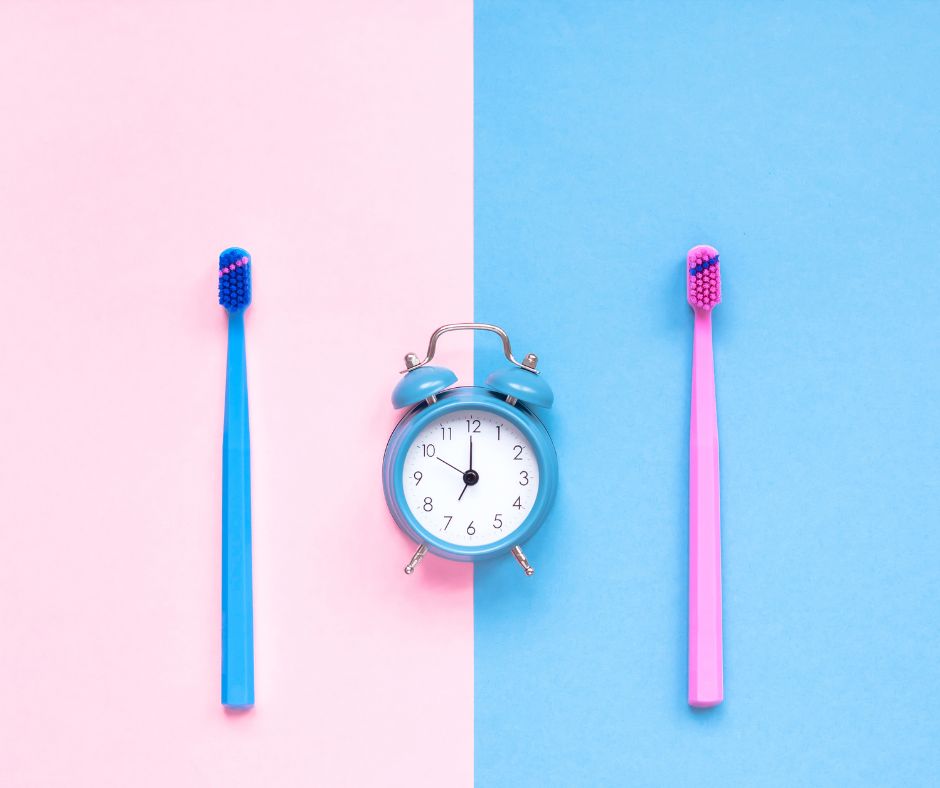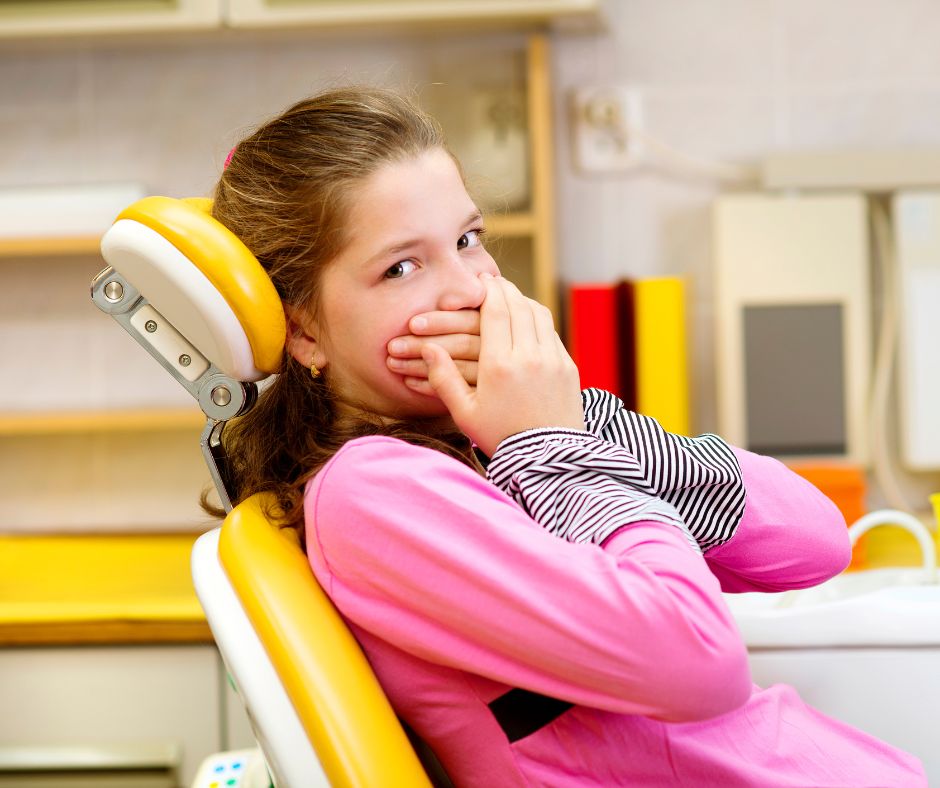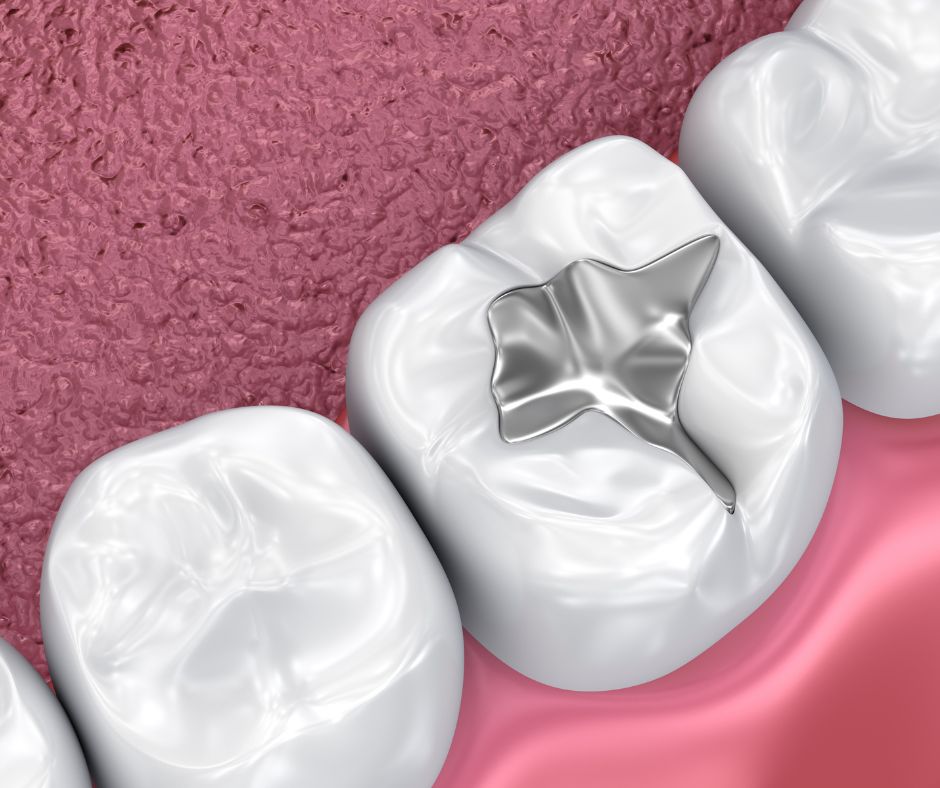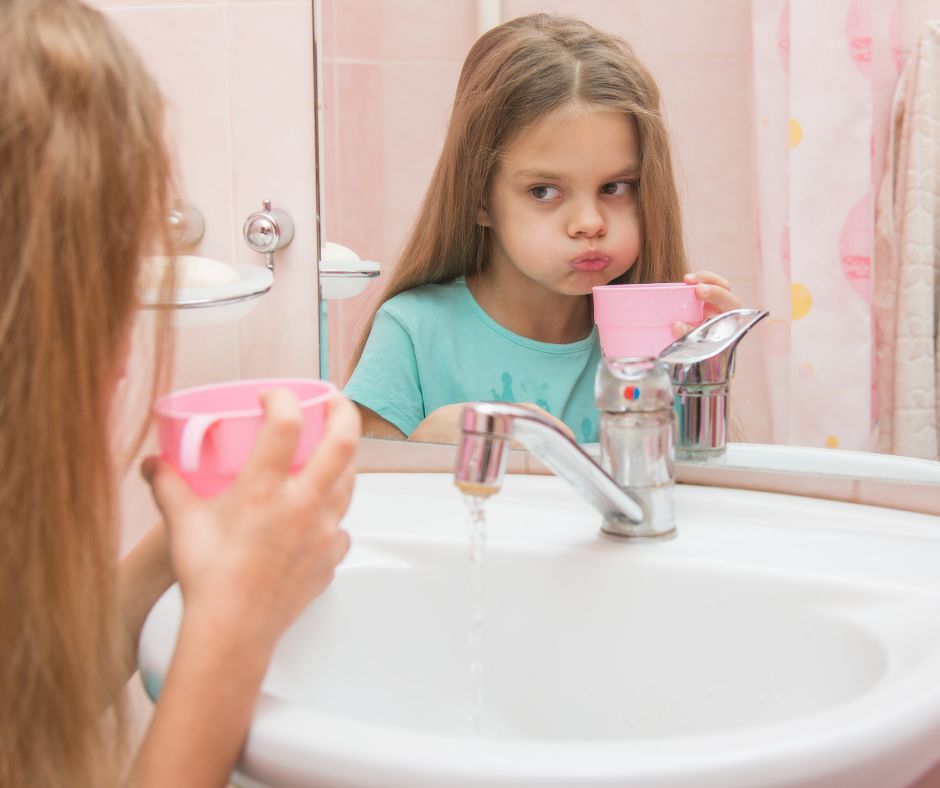What Causes Cavities in Baby Teeth? Several factors can influence a child’s chances of developing cavities. According to Johns Hopkins Medicine, “tooth decay [and, in turn cavities are] caused by bacteria and other things. It [cavities] can happen when foods containing carbohydrates (sugars and starches) are left on the teeth. […]
Read More
When you floss or brush your teeth, you don’t think twice about the order in which you do it. It’s best to floss before brushing your teeth rather than after. “Not only does it help dislodge food wedged between your teeth, but it also helps to reduce bad breath and […]
Read More
You may be wondering what size toothbrush is most appropriate for your child to use based on their age. Though each child is different and their oral development is unique, we’ll walk you through which toothbrush your child should use as they grow up and how much toothpaste to use! […]
Read More
A dental visit for a child with autism can be intimidating, which is why our pediatric dentists are trained to care for children on the autism spectrum. We know that every child is unique and our team works diligently to treat each patient with personalized care. Our ultimate goal is […]
Read More
During your child’s next 6 month check-up, ask your pediatric dentist about dental sealants and how they can prevent cavities. In many cases, it is nearly impossible for children to clean the tiny grooves in their teeth – especially those molars in the back of their mouths. This is where […]
Read More
Mouthrinse may be a helpful addition to the daily oral hygiene routine for some people. Like interdental cleaners, mouthrinse offers the benefit of reaching areas not easily accessed by a toothbrush. The question of whether to rinse before or after brushing may depend on personal preference; however, to maximize benefit […]
Read More
